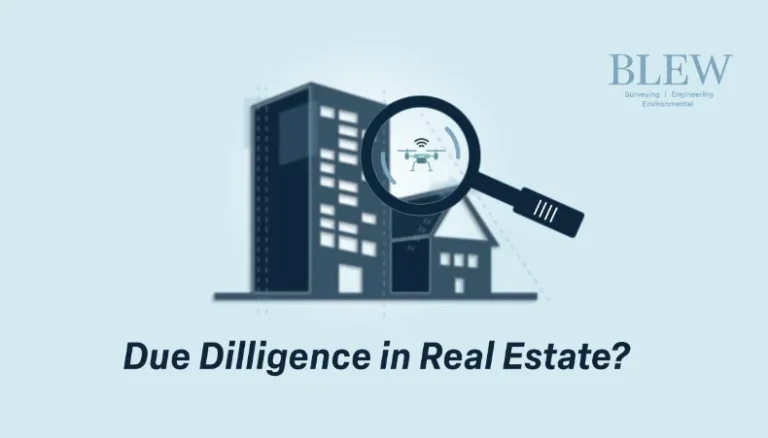For real estate developers, due diligence is a critical process that ensures the success of a project. It involves a thorough investigation and analysis of various factors to minimize risks and maximize returns. This article will decode due diligence, highlighting the four essential elements that every real estate developer needs to know. We’ll also explore insights into the world of luxury real estate agencies like Mexhome, including the role of real estate consulting companies such as vertex, providing a comprehensive understanding of the industry.
Understanding Due Diligence in Real Estate Development
Due diligence is a systematic and comprehensive process conducted before finalizing a real estate transaction. It involves examining legal, financial, and physical aspects of a property to identify any potential issues that could affect the development project. This process is essential for making informed decisions and avoiding costly mistakes.
Legal Due Diligence: Navigating the Regulatory Landscape
Legal due diligence is the first and most crucial element in the due diligence process. It involves verifying property ownership, checking for liens or encumbrances, and ensuring compliance with zoning regulations and building codes. Real estate developers must work closely with legal experts to navigate the complex regulatory landscape.
Financial Due Diligence: Assessing the Economic Viability
Financial due diligence involves a detailed analysis of the financial aspects of a real estate project. This includes evaluating the property’s current market value, potential income, and overall financial feasibility. Developers must assess the economic viability to ensure the project is profitable.
Physical Due Diligence: Ensuring Structural Integrity
Physical due diligence focuses on the physical condition of the property. This involves inspecting the building’s structure, systems, and overall condition to identify any potential issues that could impact the development project.
Market Due Diligence: Understanding the Competitive Landscape
Market due diligence is the final element and involves analyzing the competitive landscape. Developers must understand the local real estate market, including competitor projects, pricing trends, and buyer preferences.
Insights into Luxury Real Estate Agencies
Luxury real estate agencies play a pivotal role in the high-end property market. These agencies specialize in marketing and selling luxury homes, offering exclusive services to affluent clients. Understanding the dynamics of luxury real estate can provide valuable insights for developers aiming to enter this lucrative market. For more information on luxury real estate services, visit www.igluae.com site.
The Role of Luxury Real Estate Agencies:
Luxury real estate agencies differentiate themselves through personalized service, extensive market knowledge, and a network of high-net-worth clients. They employ sophisticated marketing strategies, including professional photography, virtual tours, and high-end advertising, to showcase properties in the best possible light.
Fun Facts About Luxury Real Estate
- Global Market: The luxury real estate market is truly global, with buyers from all over the world investing in prime properties.
- Record Prices: Some of the most expensive homes in the world are priced in the hundreds of millions of dollars.
- Unique Features: Luxury homes often come with unique features such as private cinemas, wine cellars, and even personal spas.
Due diligence is an essential process for real estate developers, encompassing legal, financial, physical, and market elements. By thoroughly investigating and analyzing these aspects, developers can make informed decisions, mitigate risks, and ensure the success of their projects. Additionally, understanding the luxury real estate market can open new opportunities for developers aiming to cater to high-end clientele. By mastering due diligence and staying attuned to market trends, real estate developers can navigate the complexities of the industry with confidence and achieve long-term success.
